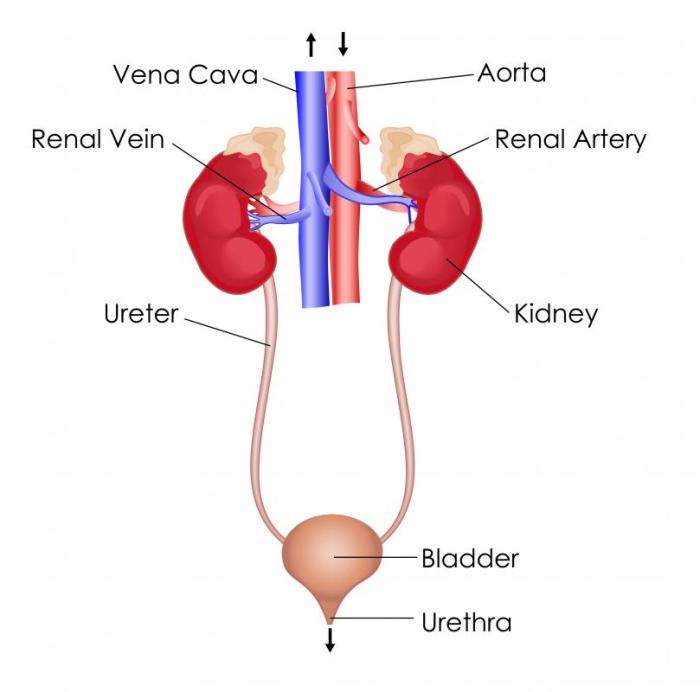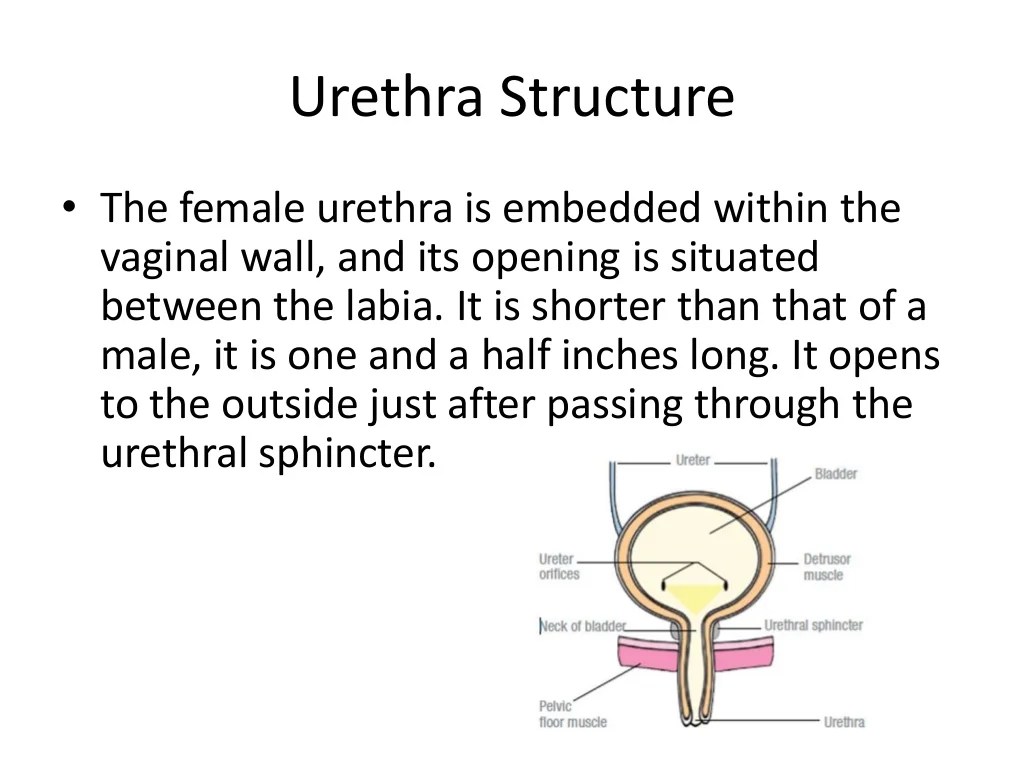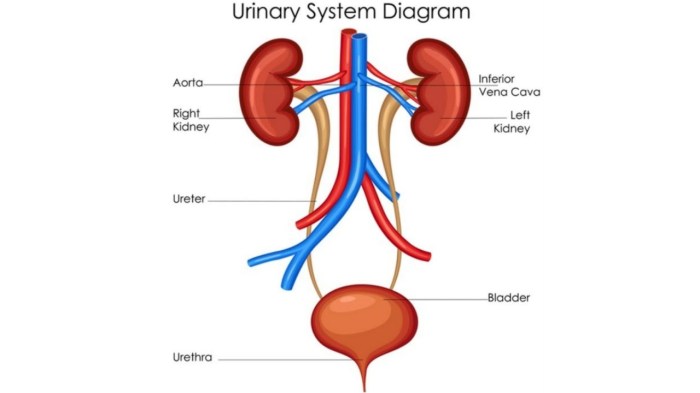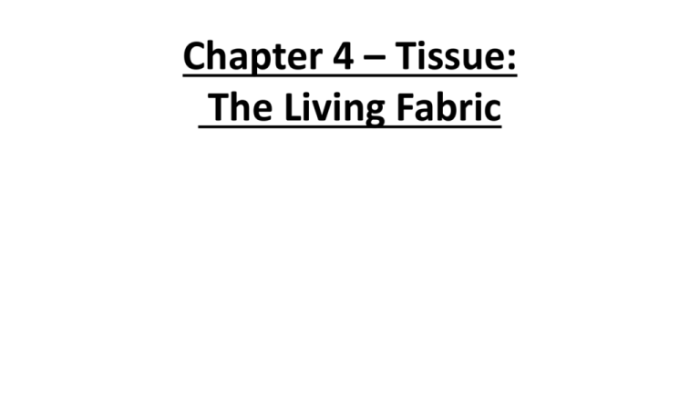Section 38 3 the excretory system – Section 38.3: The Excretory System unveils the intricate mechanisms by which our bodies eliminate waste products and maintain internal balance. This multifaceted system, comprising the kidneys, ureters, bladder, and urethra, plays a crucial role in ensuring our overall well-being.
The kidneys, the central components of this system, perform a remarkable array of functions, including filtration, reabsorption, and secretion. These processes, carried out within specialized structures called nephrons, result in the formation of urine, which carries waste products away from the body.
1. Structure of the Excretory System

The excretory system is responsible for removing waste products from the body and maintaining fluid and electrolyte balance. It consists of the kidneys, ureters, bladder, and urethra.
The kidneys are two bean-shaped organs located near the middle of the back. They filter blood and produce urine, which is then transported to the bladder via the ureters. The bladder stores urine until it is released through the urethra during urination.
2. Functions of the Kidneys

The kidneys have several important functions, including:
- Filtration:The kidneys filter blood to remove waste products, excess water, and electrolytes.
- Reabsorption:The kidneys reabsorb essential nutrients, water, and electrolytes from the filtrate back into the bloodstream.
- Secretion:The kidneys secrete waste products, excess ions, and drugs into the filtrate.
These processes are carried out by the nephrons, which are the functional units of the kidneys.
3. Urine Formation: Section 38 3 The Excretory System

Urine formation occurs in three main steps:
- Glomerular filtration:Blood is filtered in the glomerulus, a network of capillaries in the kidneys, to produce a filtrate that contains waste products, water, and electrolytes.
- Tubular reabsorption:The filtrate passes through the renal tubules, where essential nutrients, water, and electrolytes are reabsorbed back into the bloodstream.
- Tubular secretion:Waste products, excess ions, and drugs are secreted from the bloodstream into the filtrate.
The final product is urine, which is stored in the bladder and released through the urethra.
FAQ
What is the primary function of the kidneys?
The primary function of the kidneys is to filter waste products from the blood, regulate fluid and electrolyte balance, and produce urine.
How is urine formed?
Urine is formed through a process called glomerular filtration, in which blood is filtered through the glomerulus (a network of capillaries in the kidneys) to remove waste products. The filtrate then undergoes reabsorption and secretion in the renal tubules, resulting in the final composition of urine.
